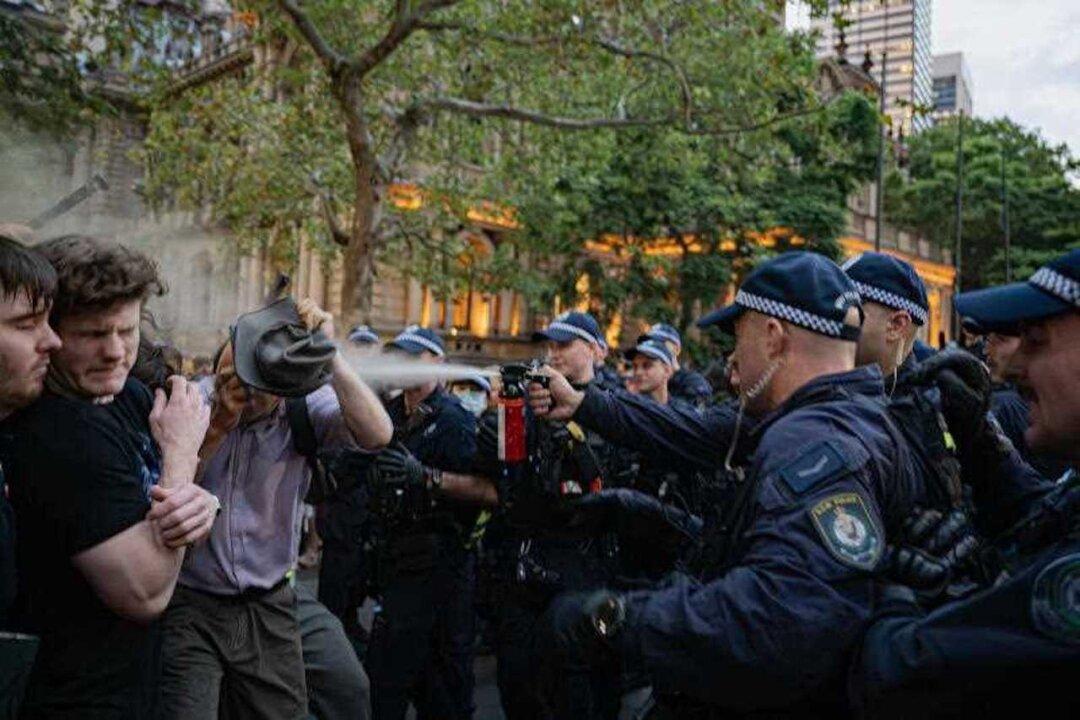Victoria will be the first state to raise the age of criminal responsibility to 12 but the push for further youth justice reform is far from over.
The government has abandoned plans to raise the age to 14 in a policy shift coinciding with a series of high-profile fatalities involving alleged youth offenders.





